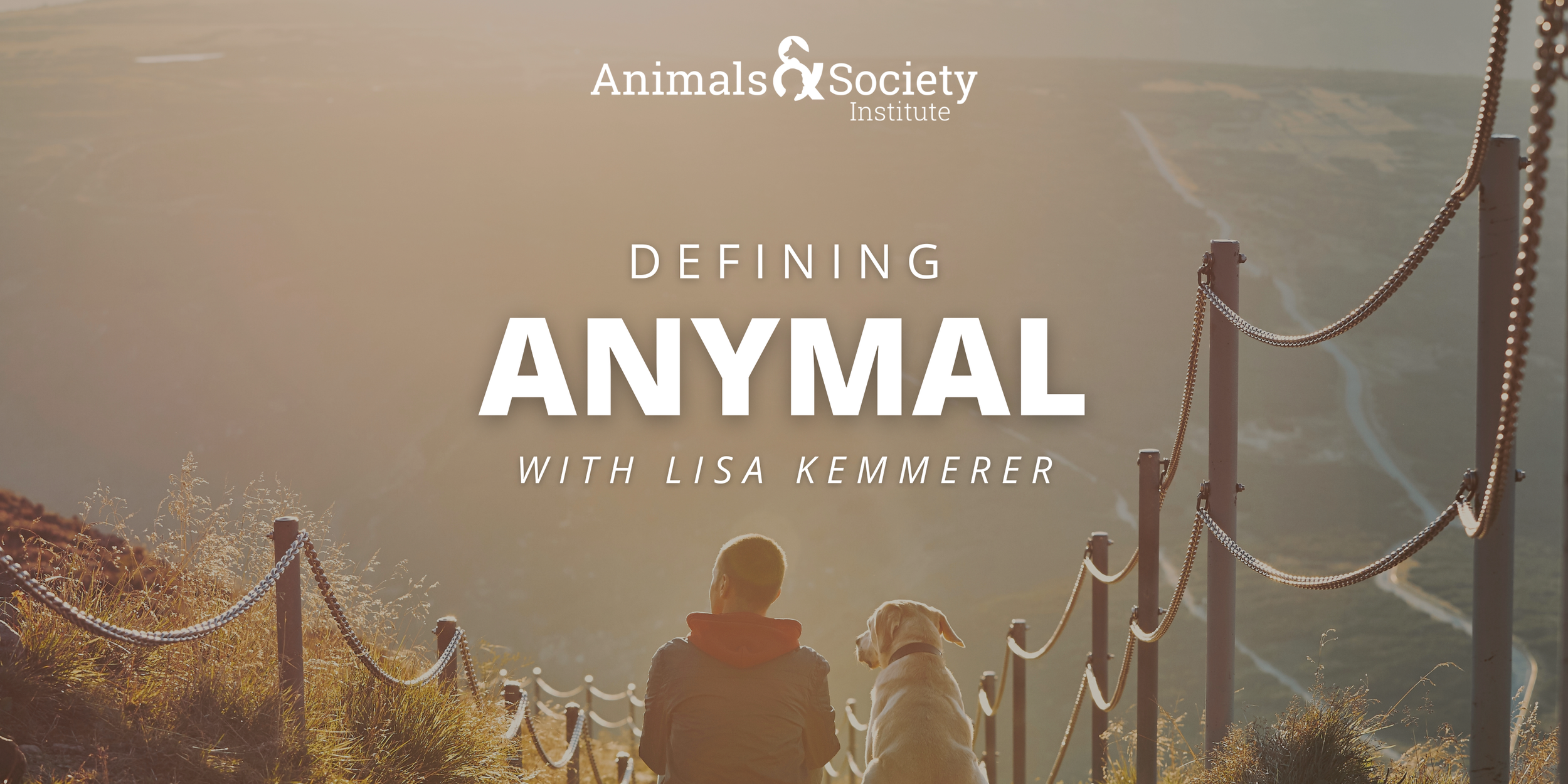“Choosing to consume flesh, dairy, or eggs destroys anymals, human beings, and the planet.”
From Vegan Ethics: AMORE
“There can be no anymal liberation without human liberation and there can be no human liberation without anymal liberation—there is only total liberation.”
From Oppressive Liberation: Sexism in Animal Activism
Brazil
Internationally known for her work in animal ethics, Professor Emeritus Dr. Lisa Kemmerer retired in 2020 to become a full-time activist as founder and director of the information-sharing non-profit, Tapestry, which envisions a world where all life and the earth itself are free from exploitation—a vegan world where no living being suffers harm in the name of religion and where anymals and earth are treated with care, dignity, and respect. Three strands shape Tapestry—research and education, work in the field, and the arts. Education is core: Tapestry research discovers, compiles, and shares well-vetted information with those who are best positioned to bring change: scholars and students, activists, and for the religion program, people of faith and religious leaders. Tapestry’s in-the field Hospitality Challenge exponentially increases vegan offerings in target communities/restaurants; Tapestry’s work in the arts (paintings and poetry) inspires kindness, points to greater justice, and helps to build peace.
As a philosopher activist, “Dr. K” taught ethics and religious studies for 20 years and has written thirteen movement-shaping books, including Vegan Ethics: AMORE (core for any exploration of animal studies, ethics in general, or intersectionality), Animals and World Religions (the only systematic, comprehensive examination of religious ethics and animals across every major religion), In Search of Consistency (which provides not only a systematic coverage of animal ethics, but also presents Kemmerer’s own moral theory), Oppressive Liberation (providing the only hard data on sexism in animal activism), and Eating Earth (a comprehensive and timely examination of environmental ethics and dietary choice, including chapters focused on climate change, earth’s waterways, and hunting).
Montana
“Anyone who is both informed and sincere in their concern for the planet, or about the welfare of life (whether their own, the lives of other humans, or lives of anymals), will choose vegan.“
From Vegan Ethics: AMORE
Defining “Anymal”
Animals & Society Institute: Defining Human-Animal Studies
““Oppressions are by definition linked – linked by common ideologies, by institutional forces, and by socialization that makes oppressions normative and invisible.”
From Sister Species: Women, Animals, and Social Justice
Engaging Religious Institutions
Animal Rights National Conference
Vegan Ethics: AMORE—Five Reasons to Choose Vegan
“Choosing to consume flesh, dairy, or eggs destroys anymals, human beings, the environment, and ecosystems. Every vegan bite is a vote against exploitation of (and premature death for) farmed anymals. Every green bite improves human health and protects marginalized people, including those experiencing food shortages, employees in anymal industries, and those marginalized when capitalism focuses on production and reproduction. Therefore, it cannot be surprising that a plant-based diet aligns with religious ethics worldwide, which teach compassion and attentiveness to the needs of those most vulnerable, requiring human beings to look after anymals and care for the natural world. Given that choosing vegan is the most effective way to minimize climate change, freshwater depletion, deforestation, water pollution, and desertification, all of which lead to species extinctions, it stands to reason that religious ethics in contemporary times require choosing a vegan diet. Choosing to eat beans and rice, bread and peanut butter, or potatoes and lentils may seem a small act, but every vegan bite is a vote against suffering, disease, premature death, and a wrecked planet.“
From Vegan Ethics: AMORE
“Vegan Ethics: AMORE explores the many interwoven threads of oppression that bind all who are denigrated and marginalized, simultaneously harming all living beings and the planet. In the process, Vegan Ethics: AMORE demonstrates and clarifies both the moral importance of choosing vegan and the moral importance of adopting and maintaining a broader social justice platform.“
From Vegan Ethics: AMORE
In clear and simple language, Vegan Ethics: AMORE explores the many reasons why people choose vegan: animal wellbeing, human health, human justice (including world hunger, sexism, and homophobia, for example), religious ethics, and the health of the planet. Vegan Ethics is core reading for anyone interested in animal-studies, environmental philosophy, intersectionality, social justice, religious studies, animal activism, and ethics in general.
"Vegan Ethics: AMORE is a compelling and enlightening read for anyone interested in animal welfare, environmental philosophy, social justice, or ethics. . . a must-read for those seeking a better understanding of the moral implications of food choices. . . sure to leave a lasting impact and inspire meaningful reflection on our relationship with animals, the planet, and each other.”
Review, Kathleen Gage of Vegan Visibility








